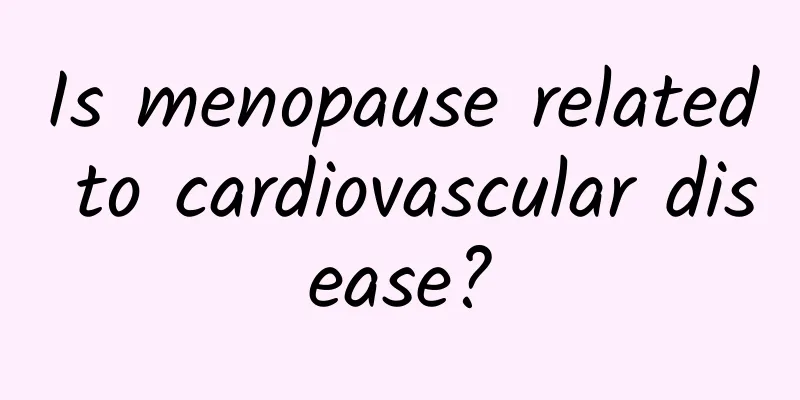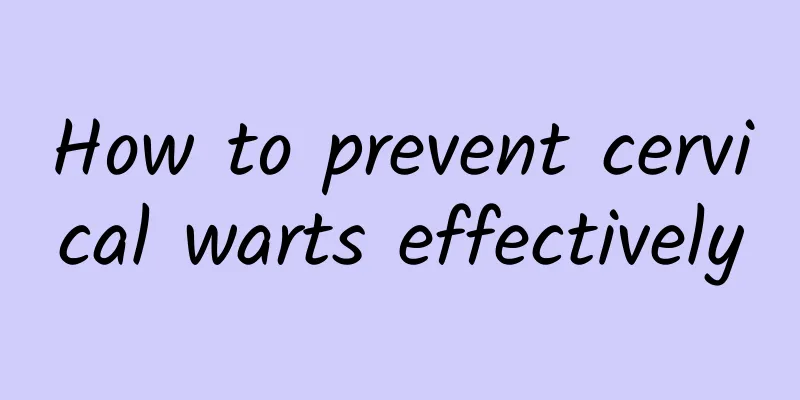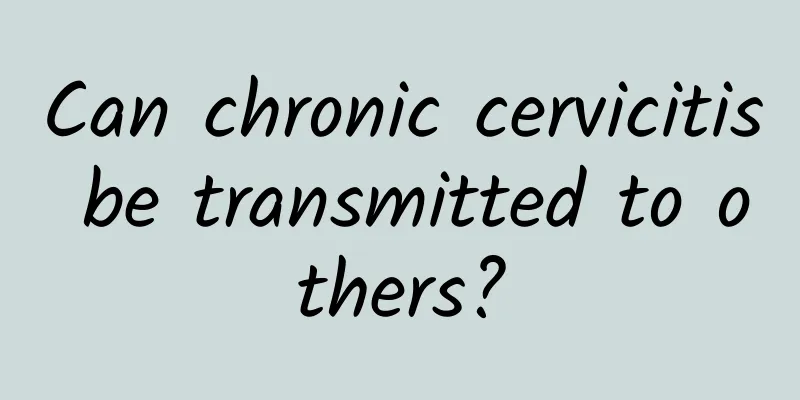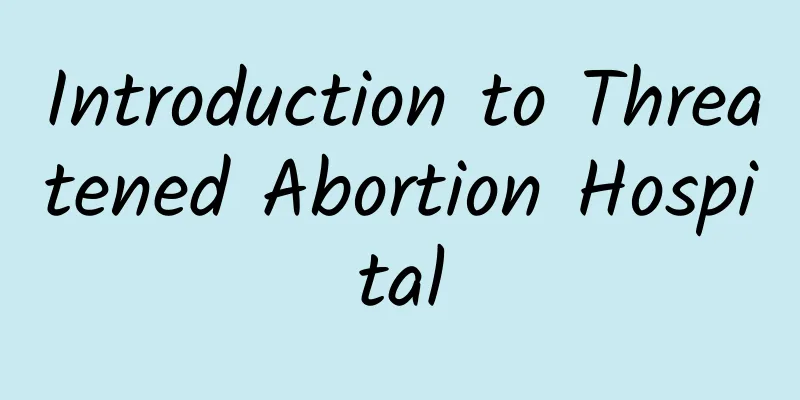Is menopause related to cardiovascular disease?

|
Menopause is indeed closely related to cardiovascular disease. After menopause, the level of estrogen in women's bodies decreases, and the reduction of this hormone directly affects cardiovascular health. 1. The protective effect of estrogen Estrogen is not only key to regulating the menstrual cycle, it also plays an important protective role in the cardiovascular system. It can reduce vascular permeability and serum cholesterol levels, thereby reducing the formation of atherosclerotic plaques. Once these plaques accumulate in blood vessels, they will lead to arteriosclerosis and increase the risk of coronary heart disease and myocardial infarction. Estrogen can also dilate blood vessels, reduce peripheral resistance, and help the heart work more efficiently. 2. Cardiovascular risks after menopause Menopause marks a significant decrease in estrogen, which leads to an increased risk of cardiovascular disease in women. This is because without the protection of estrogen, the blood vessel walls are more vulnerable to damage and the process of arteriosclerosis is accelerated. After menopause, the incidence of coronary heart disease in women will increase significantly, and the risk of myocardial infarction and arrhythmia will also increase. 3. Adjustment of lifestyle In the face of the cardiovascular risks brought by menopause, it is very important to adjust your lifestyle. Maintaining a healthy diet, consuming more fiber-rich foods, and reducing the intake of saturated fat and cholesterol can help reduce the risk of cardiovascular disease. Moderate physical exercise, such as brisk walking, swimming or yoga, can also help maintain cardiovascular health. 4. Regular health check-ups Postmenopausal women should have regular health checks to monitor blood pressure, blood sugar and cholesterol levels. These indicators can help detect potential cardiovascular problems in a timely manner and take early intervention measures. 5. Pay attention to mental health Menopause not only affects physical health, but may also have an impact on mental health. Psychological factors such as mood swings and increased stress can also have an adverse effect on cardiovascular health. Maintaining a positive attitude and seeking psychological counseling or professional help when necessary can effectively relieve psychological stress. 6. Medication and treatment options For some high-risk women, doctors may recommend medications to help control cardiovascular risk, such as antihypertensive drugs, statins, etc. In some cases, hormone replacement therapy (HRT) may be considered, but this therapy needs to be carried out under the guidance of a doctor because it also has certain risks. Menopause is a natural stage in a woman's life, but through scientific lifestyle adjustments and regular health monitoring, the risk of cardiovascular disease can be effectively reduced. Paying attention to cardiovascular health can not only improve the quality of life, but also extend the healthy life span. |
<<: I didn't eat much after the abortion but I gained weight
>>: How much harm does abortion do to women?
Recommend
How to treat postmenopausal vulvovaginitis
Gynecologists say that menopause is caused by liv...
Subvert your impression! Is drinking beer good for your health? 4 unexpected health benefits
Maybe you often see beer of different brands and ...
Five-minute effective method to induce menstruation
There is no method to hasten menstruation in five...
What are the causes of cervical erosion?
The formation of cervical erosion is related to m...
Causes of pelvic inflammatory disease that require special attention in daily life
The cause of pelvic inflammatory disease is close...
Nursing care for patients with ovarian cyst pedicle torsion during perioperative period
Ovarian cyst pedicle torsion refers to the twisti...
How does cervicitis turn into cervical cancer? How can women better prevent cervical cancer?
We all know that gynecological inflammation is th...
The focus of treatment for cervical erosion is detoxification
The treatment of cervical erosion is the most com...
How should women use medication for different types of vaginitis?
There are many types of female vaginitis, such as...
Does a positive yeast test cause cervical erosion?
Will a positive yeast test result alone cause cer...
Golden rules of diet and nutrition to prevent threatened abortion
Diet is very important for women. The golden rule...
What are the symptoms of vaginitis
What are the symptoms of vaginitis? Vaginitis is ...
Experts explain which women are more likely to suffer from adnexitis
Compared with other people, some female friends a...
Expert Q&A: Common causes of uterine fibroids
In real life, many female friends have to face th...
Want to eat glutinous rice balls during the Lantern Festival but afraid of getting fat? Add tofu to the ingredients and the calories will be halved immediately!
The annual Lantern Festival is coming soon. Are y...









